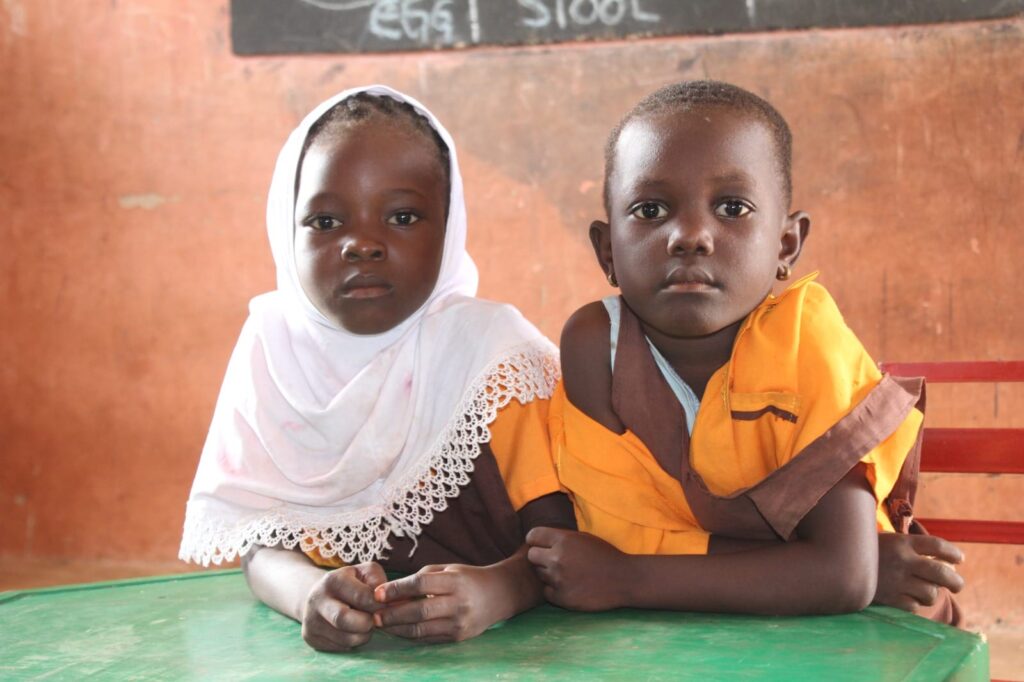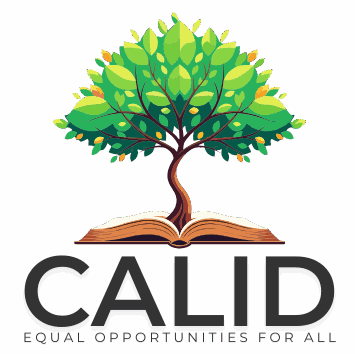GOVERNANCE
CALID believes that good governance is essential for sustainable development, social justice, and the protection of human rights. Inclusive governance, characterized by transparency, accountability, and fair representation, is viewed as a key tool for reducing poverty and inequality. With citizens across the world demanding responsive and participatory systems, CALID works to empower communities and strengthen democratic processes.

The governance program focuses on citizen-led accountability and enhances the participation of youth and marginalized groups in leadership and decision making.
CALID supports initiatives that enable citizens to engage meaningfully with governance structures at local, district, and national levels. These efforts ensure that community voices influence policies, programs, and development priorities.
Key areas of work include:
Through advocacy, civic education, research, and partnerships with civil society and state institutions, CALID promotes governance systems that prioritize the needs of the people. The organization works to build societies where citizens are active participants in shaping their development and not merely beneficiaries.
Other Thematic Areas

Education
CALID promotes inclusive and equitable education by improving access, strengthening teaching quality, and supporting vulnerable children to enroll, stay in school, and succeed.
Livelihoods
CALID supports sustainable livelihoods through skills training, financial inclusion, entrepreneurship, and climate-smart agriculture to help communities become more resilient.
Health and Nutrition
CALID improves access to quality primary healthcare by supporting CHPS facilities, promoting inclusive services, and advancing maternal and child nutrition.




